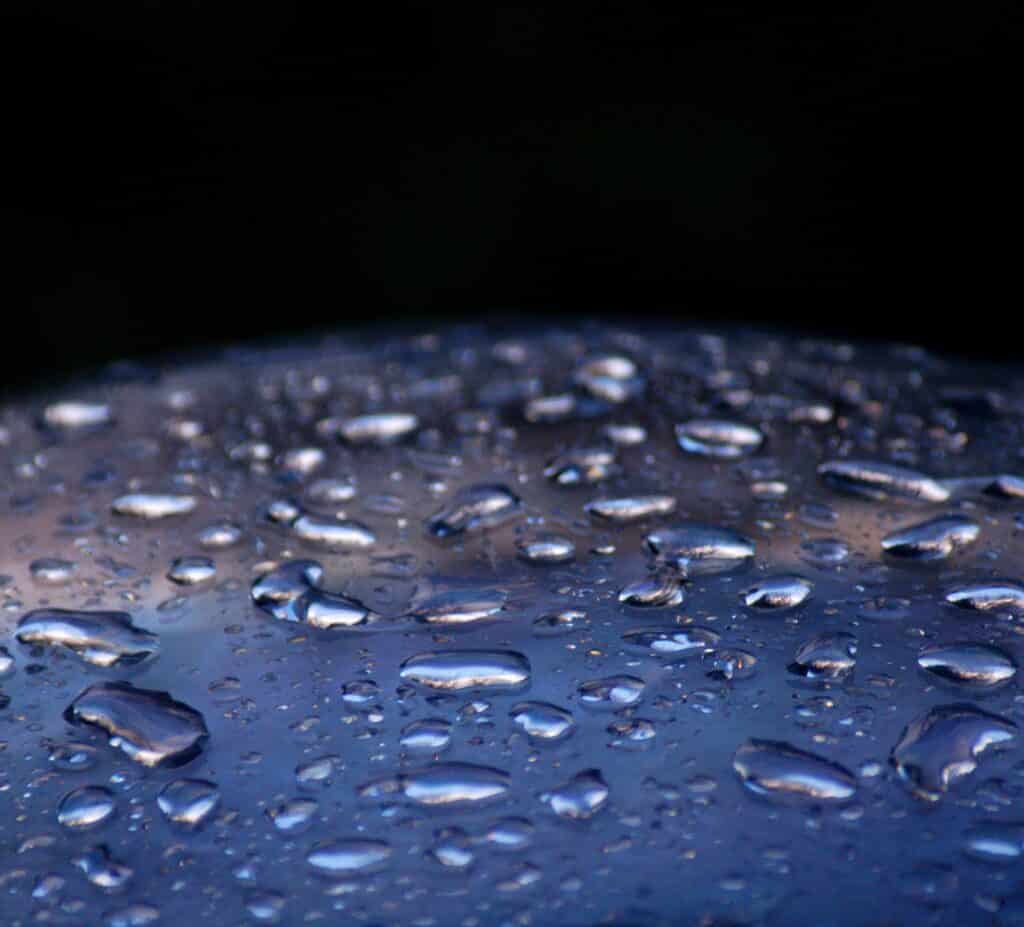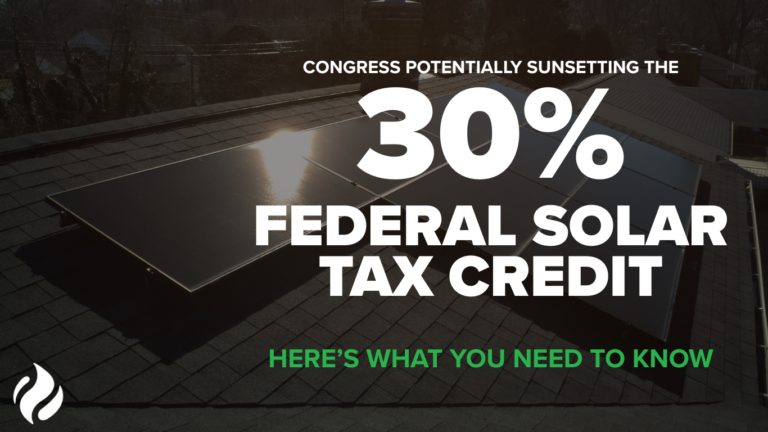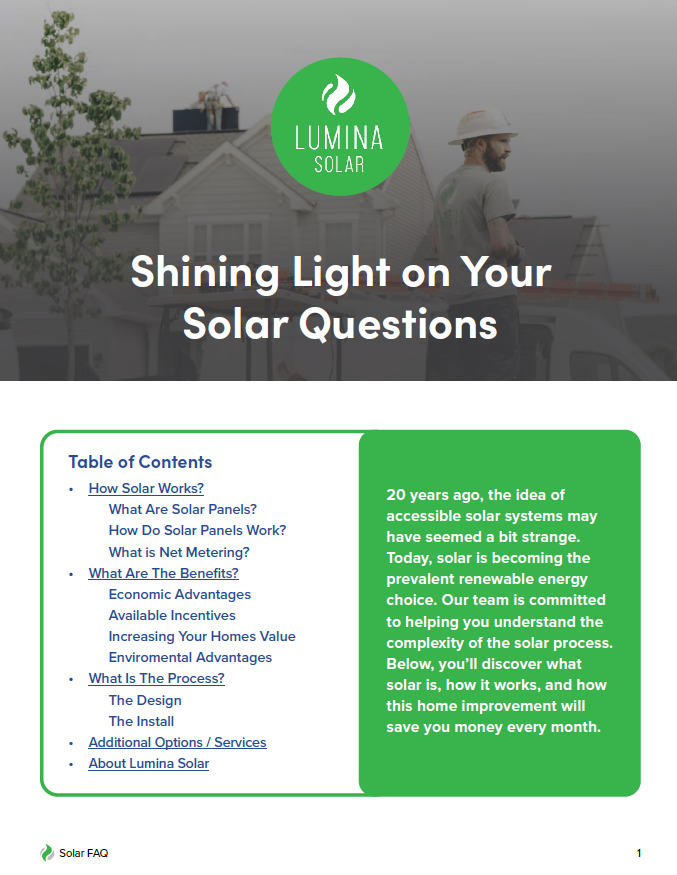If you’ve started your research on solar panels because you want to reduce your utility bills, you might be wondering if they work in all weather conditions. The answer may surprise you.
It goes without saying that solar panels require sunshine to create energy. This, of course, means that your panels won’t be producing any energy at night. But, don’t worry. Anytime there is sunshine – even if the day is overcast and rainy – your panels will work. It’s more a matter of “how much” energy they’ll put out, as opposed to whether there will be any output at all.
Take a look at how solar panels perform in different weather conditions.
Solar Panels in the Snow
One of the most common concerns for property owners that live in areas where they get a lot of snowfall is what happens to energy production in the winter. After all, the days are shorter, the weather is colder, and there may be snow sitting on top of your panels. It sounds like a perfect storm for no energy output, but here’s where the surprise comes in!
Your solar panels will actually be more efficient during the daylight hours in the wintertime. While there may not be quite as many hours of sunshine to go around, the fact that your panels will be cool will help them in the long run. Here’s why.
As with any piece of electronic equipment, solar panels work best when they aren’t too hot. You see, solar panels naturally absorb the sun’s rays, which makes them heat up on hot summer days. The cool air in the fall and winter months helps keep your panels at a more optimal temperature and allows them to run more efficiently than they do at the peak of the summer.
Snow has both its positives and negatives. On the one hand, solar panels that are covered in snow won’t receive much sunlight and therefore, can produce less (or possibly no) energy. The good news is that snow usually melts off of the panels quickly and, if it doesn’t, it’s easy enough to simply slide it off if you can easily reach them. (Note: We do not recommend that you go onto your roof to clear off your solar panels! It’s completely unnecessary as your panels are built to withstand the weight of snow.)
Also, snowy conditions create bright, reflective environments. This means that even though there aren’t as many daylight hours during the winter, the snow on the ground acts as a mirror to your snow-free panels and give you a boost of light – even if the day is a bit on the gloomy side.
Solar Panels in the Rain
On overcast or rainy days, your solar panels will still produce energy. Again, they may not produce as much energy as they would if the sun was shining in full force, but since there is still sunlight to be had, they will still work.
Ebbs and flows in production – including the non-production that occurs during the night – are a great reason to consider the Tesla Powerwall. Not only does the Powerwall provide you with the ability to power your home during a power outage without requiring a generator, it also allows your home to draw off battery power at night or during low-output intervals rather than having to draw off the grid.
Are you interested in learning more about the Tesla Powerwall? Download our guide today! Or contact us to get started on your solar journey.




